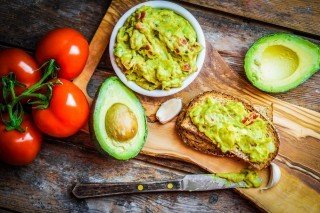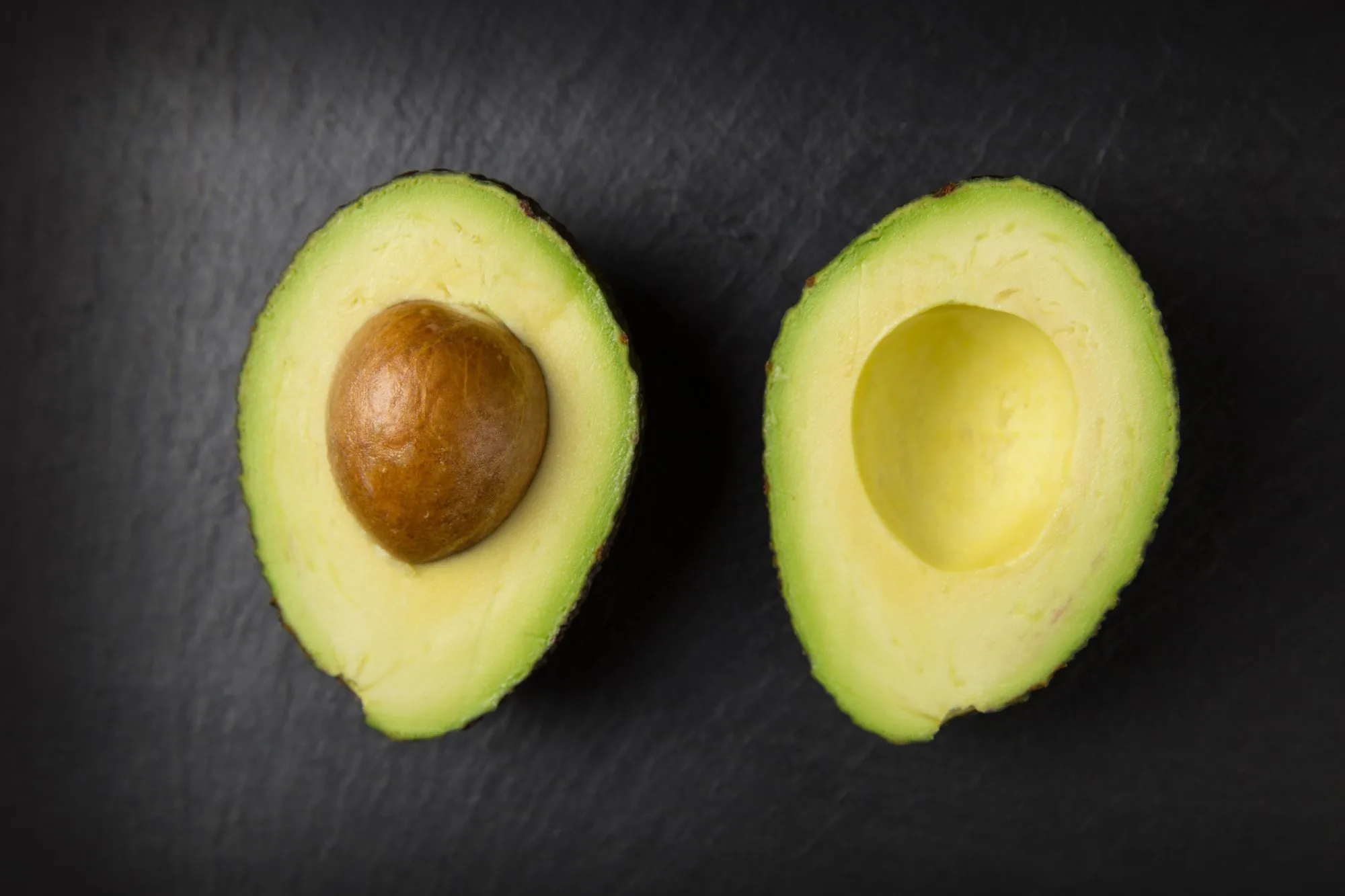
Avo on toast I Longevity Live
It isn’t a secret that the popularity of avocados has seen a dramatic increase. What kind of brunch is complete without some kind of avocado-based dish? Whether it’s avo on toast, with poached egg, in a salad, or even in a wrap, it’s become a staple. But what is the deal with avocado? Is it as healthy as we seem to think it is? Can we eat it every day or every weekend – how much is too much?
To start with the basics, many people think of avocado as a vegetable. Whether this is purely because of its green skin and lack of sweetness is up for debate. However, avo is actually a fruit, specifically, according to Danielle Stadelman, RDN a single-seeded berry. Another fascinating thing about avo is that unlike many other fruits, it has a very low carbohydrate content. Instead, avocado is full of healthy fats, vitamins, and minerals. It’s often labeled as a superfood, and it’s clear why. According to Healthline, the most popular variety is Hass which is also sometimes known as an alligator pear.
The Good
Vitamin and mineral wise, avocados are brilliant. Lori Zanini RD CDE explains that avo is high in “potassium, folate, phosphorus, calcium, vitamin C, magnesium, and vitamin A”. Of course, another benefit of avo is its rich, creamy taste and smooth texture. This allows for it to be eaten in a wide variety of ways, from guacamole to chocolate mousse. They also don’t contain any cholesterol or sodium and are exceptionally low in saturated fat. Another thing that avos contain in abundance is potassium. In fact, avocado contains more potassium than a banana. They’re also brilliant for heart health because they contain 25 milligrams per ounce of a plant sterol called ‘beta-sitosterol’. Beta-sitosterol has been shown to be helpful in maintaining healthy cholesterol levels.
Another pro is that they contain lutein and zeaxanthin, phytochemicals that are concentrated in eye tissues. These two phytochemicals provide antioxidant protection and aid in minimizing damage to the eyes. Vitamin K is also contained in avocados and is a nutrient that is often overlooked. In fact, avos contain ‘25 percent of the daily recommended intake of vitamin K’. When we think of bone health, we tend to jump straight to vitamin D and calcium. But vitamin K is also vital for maintaining and supporting bone health. This means that avocados can also aid in preventing arthritis. Other benefits of your avo on toast include improved digestion, natural detoxification, lowering your risk of depression, and even protecting against cancer.
The Bad-ish

Avocado on board I Longevity Live
Avocados do have a couple of downsides, most notably calorie content. For their size, avos are relatively calorie-dense. This is only likely to be a problem if you’re counting calories strictly. It’s also interesting to note that a medium avocado is actually 3 servings. This would work out to be 80 calories per serving which is relatively high. Stadelman mentions that it’s important to note that, as with all foods, moderation is key. Any high-fat content food can lead to weight gain. However, there is some good news: fat is much better than carbohydrates for keeping you fuller for longer. So, although fat contains more calories per bite, it is likely to keep you satisfied for longer meaning that ultimately, you’re likely to eat less.
Avocados are known to cause migraines when eaten too frequently and can also be problematic for your liver. It contains “estragole and anethole” which, in large quantities, can cause damage to the liver. It’s also important to mention that in large quantities, avocado can interfere with anti-inflammatory medications. Avocado can, in large quantities, also cause stomach issues such as bloating and flatulence, act as a blood thinner, and even lower HDL cholesterol (the good type).
The bottom line
Overall, avocado is incredible for your health. The benefits of your avo on toast far outweigh the negatives. Yes, avo is high in calories however, its healthy fat content is likely to keep you full for longer. This means you’ll likely do less snacking, meaning that overall, you’ll probably reduce your calorie intake. As long as you make sure to eat it in moderation, it can only benefit you.
References
Firdous, X. 2020. Health Benefits Of Avocado, Uses And Its Side Effects. [Online] Available at https://www.lybrate.com/topic/avocado-benefits-and-side-effects
Gunnars, K. 2018. 12 Proven Health Benefits of Avocado. [Online] Available at: https://www.healthline.com/nutrition/12-proven-benefits-of-avocado
Johnson, O. 2020. 11 possible negative side effects from avocado. [Online] Available at https://betterme.world/articles/11-possible-negative-side-effects-from-avocado/
Miller, C. 2020. Are Avocados Actually Healthy? [Online] Available at https://aaptiv.com/magazine/avocados-actually-healthy.
Olsen, N. 2017. Why is avocado good for you? [Online] Available at https://www.medicalnewstoday.com/articles/270406#benefits
WebMD. 2020. Avocado. [Online] Available at: https://www.webmd.com/food-recipes/all-about-avocados#1



![women [longevity live]](https://longevitylive.com/wp-content/uploads/2020/01/photo-of-women-walking-down-the-street-1116984-100x100.jpg)










